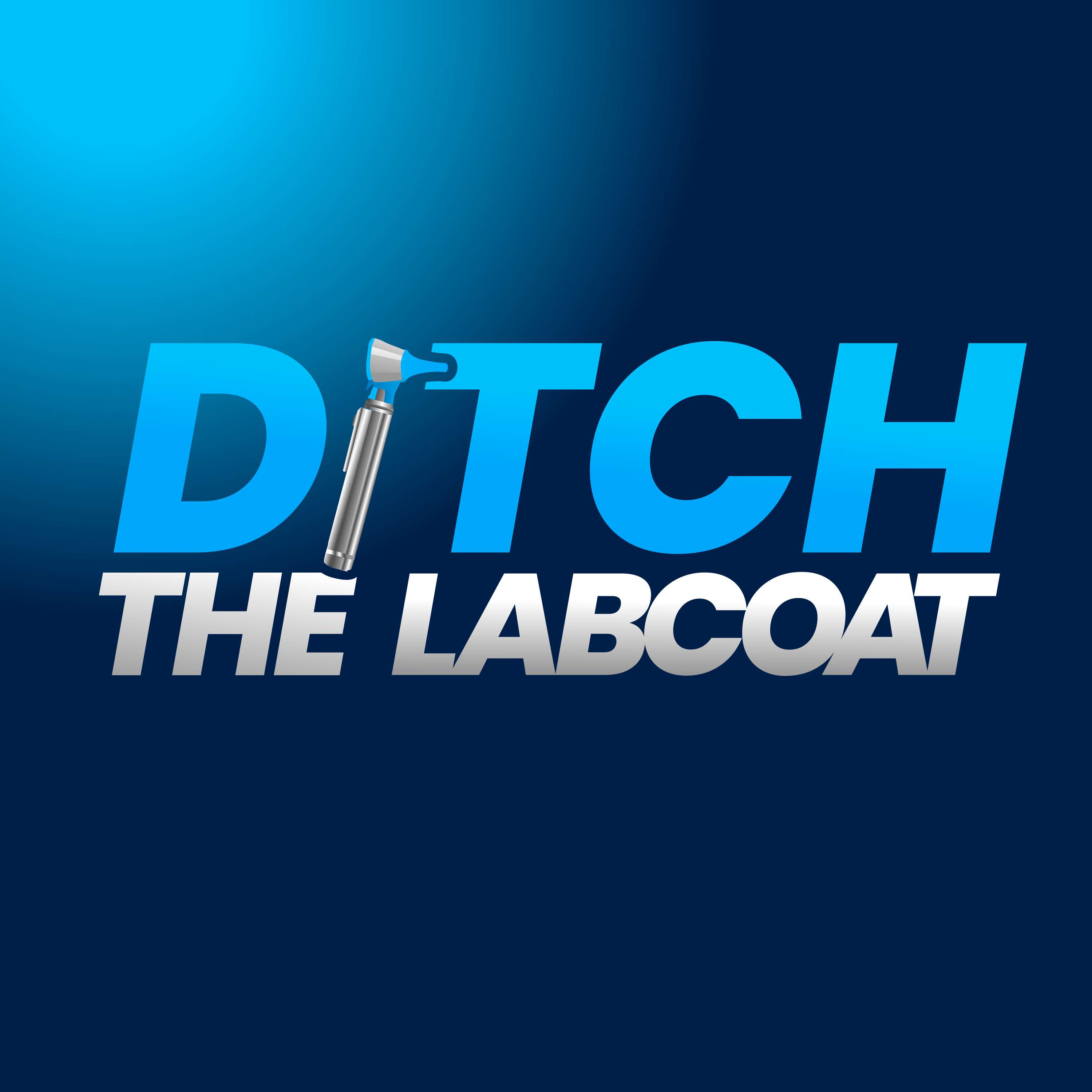The Art of Making Team Excel at Trama with Andrew Petrosoniak & Chris Hicks
Description
DISCLAMER >>>>>> The Ditch Lab Coat podcast serves solely for general informational purposes and does not serve as a substitute for professional medical services such as medicine or nursing. It does not establish a doctor/patient relationship, and the use of information from the podcast or linked materials is at the user's own risk. The content does not aim to replace professional medical advice, diagnosis, or treatment, and users should promptly seek guidance from healthcare professionals for any medical conditions.
>>>>>> The expressed opinions belong solely to the hosts and guests, and they do not necessarily reflect the views or opinions of the Hospitals, Clinics, Universities, or any other organization associated with the host or guests.
Disclosures: Ditch The Lab Coat podcast is produced by (Podkind.co) and is independent of Dr. Bonta's teaching and research roles at McMaster University, Temerty Faculty of Medicine and Queens University.
Welcome to *Ditch the Lab Coat*, the podcast where we dive deep into the intricacies of healthcare design and innovation. I'm your host, Dr. Mark Bonta, and in today's episode, we're joined by two remarkable guests, Dr. Chris Hicks and Dr. Andrew Petrosoniak, esteemed emergency physicians and trauma team leaders who are reshaping the landscape of trauma care.
Our conversation revolves around the critical lack of user-focused design in healthcare environments and the innovative steps Chris and Andrew have taken to address this issue, particularly in building an optimized trauma bay. We'll uncover how thoughtful design, focusing on human factors and ergonomics, can dramatically improve efficiency and patient outcomes. Listen in as we delve into the use of simulation to understand and enhance current medical practices, the complexities of team dynamics, and the invaluable lessons learned from other high-stakes industries like Formula One racing.
This episode is packed with insights on leadership, communication, and the importance of feedback in medical training. Dr. Hicks and Dr. Petrosoniak will share their experiences and discuss the life-saving impact of a well-coordinated trauma team. Whether you're a healthcare professional, a design enthusiast, or simply curious about the behind-the-scenes action in emergency medicine, you won't want to miss this enlightening discussion.
Stay tuned as we explore the fascinating interplay between space design, teamwork, and trauma care, and be inspired to rethink how we can improve both our work and personal environments through better design.
TIMESTAMPS :
00:00 Doctor Petroniak integrates user-focused design, clinical expertise.05:21 Two emergency physicians explain their overlapping roles.08:34 Passion for trauma care drives my career.11:11 Bad mechanism can result in major injuries.13:53 Medical professionals use stickers for role identification.17:22 Technicians provide hands-on expertise, create shared mental models.22:56 Challenges of trauma resuscitation and team dynamics.24:36 Maintaining situational awareness crucial in medical settings.27:00 Continuous improvement through feedback and reflection is key.30:21 Healthcare industry lacks awareness of human factors.35:34 Medical education teaches problem-solving for known issues.39:50 Believe in the process and accept outcomes.42:16 Training and environment impact performance of teams.44:49 Addressing lack of user-focused clinical design.47:24 Stressful situations caused by lack of equipment.52:54 Importance of trauma response in healthcare emphasized.54:10 Improving access to fruits and vegetables, inspiring.
More Episodes
DISCLAMER >>>>>> The Ditch Lab Coat podcast serves solely for general informational purposes and does not serve as a substitute for professional medical services such as medicine or nursing. It does not establish a doctor/patient relationship, and the use of information from...
Published 11/13/24
Published 11/13/24
DISCLAMER >>>>>> The Ditch Lab Coat podcast serves solely for general informational purposes and does not serve as a substitute for professional medical services such as medicine or nursing. It does not establish a doctor/patient relationship, and the use of information from...
Published 10/31/24


